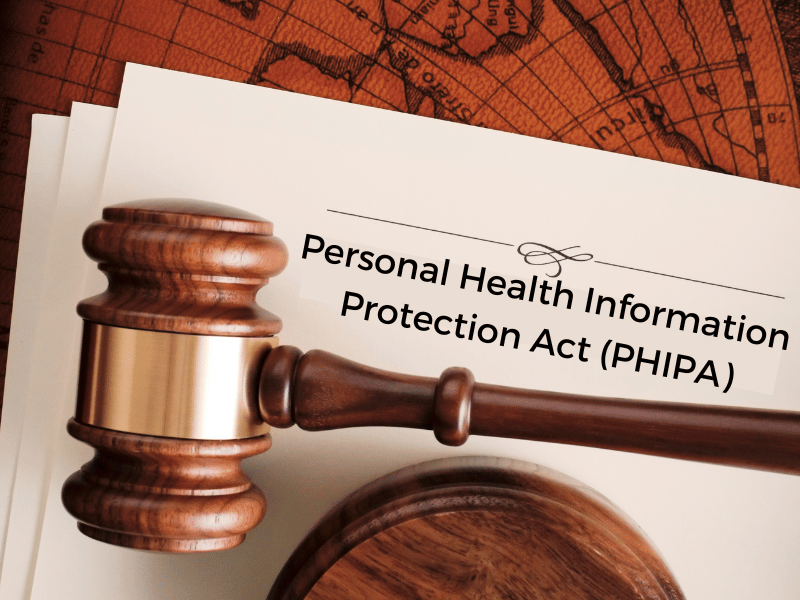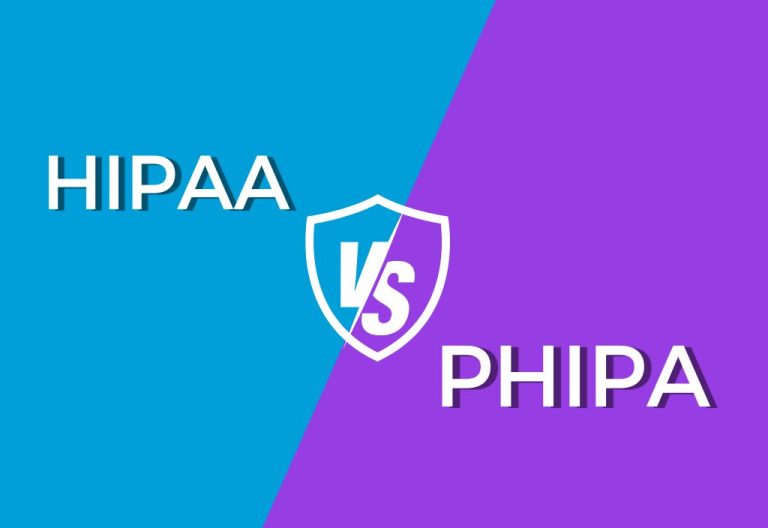Healthcare providers swore under oath to protect the privacy and confidentiality of patient health information. The weight of this responsibility goes beyond practicing ethical standards.
Legislative laws such as PHIPA exist to protect personal health information from unauthorized access, use, disclosure, loss, or theft.
But what exactly is the purpose of PHIPA, and why is it so important?
Table of Contents
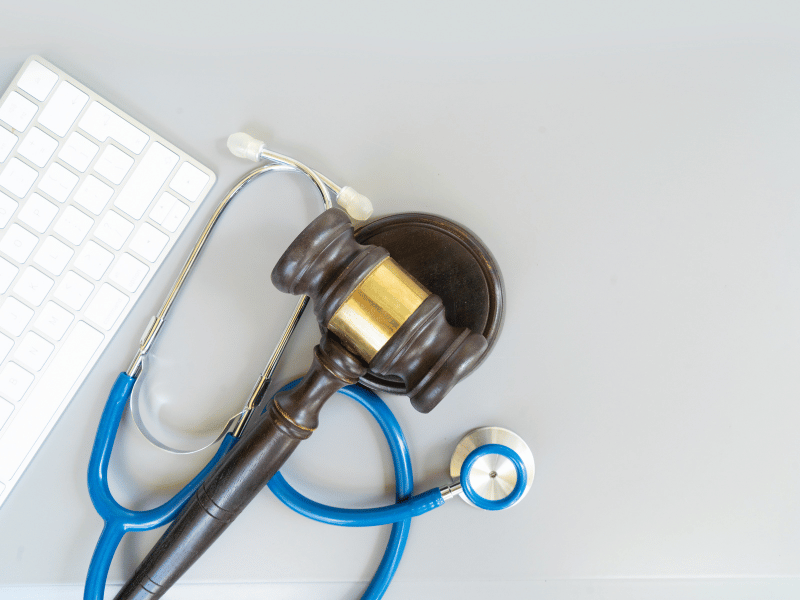
What Is PHIPA: Key Components, Importance
PHIPA, or the Personal Health Information Protection Act, is a legislative law in Ontario, Canada. It sets rules governing how an individual or organization should use, collect, and disclose personal health information (PHI).
Here are some quick facts about it and why it matters to anyone involved in handling PHI related to individuals in Ontario:
- Enacted by the Legislative Assembly of Ontario and officially came into force on November 2004
- Sets out rules for the collection, use, and disclosure of PHI aimed at protecting information privacy and ensuring patient confidentiality while delivering effective healthcare delivery
- Grants individuals in Ontario the right to access their PHI and request corrections
- It’s a law that requires health information custodians (HICs) to seek consent before collecting, using, or disclosing an individual’s PHI
- Provides mechanisms and establishes remedies for resolving violations and disputes, reinforcing compliance with legal and regulatory requirements
The Personal Health Information Protection Act (PHIPA) applies to all HICs (health information custodians) within Ontario, including but not limited to:
- doctors (physicians)
- nurses
- dentists
- pharmacists
- chiropractors
- hospitals
- clinics
- long-term care homes
- mental health facilities
- laboratories
- insurance companies
PHIPA’s scope also extends to individuals, organizations, and third-party service providers handling PHI on behalf of these HICs (e.g., IT and fax service providers and data storage companies).
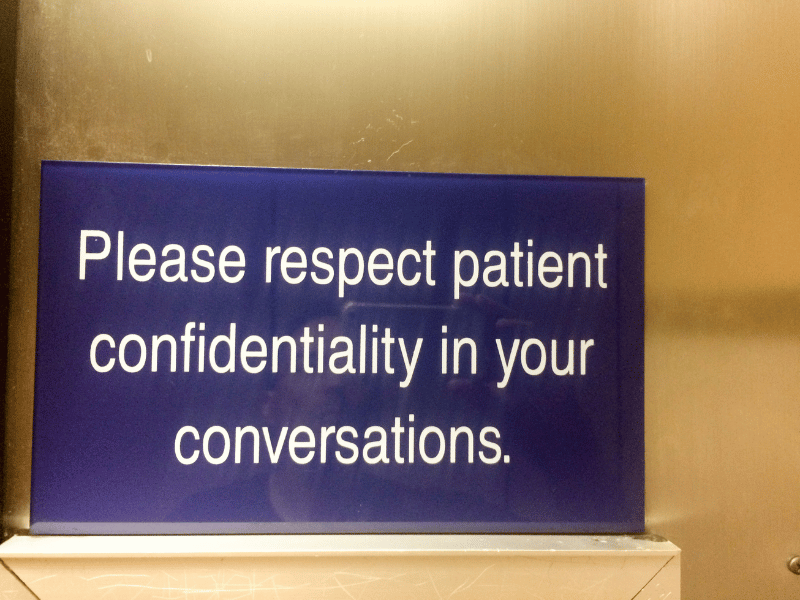
Key Components of PHIPA
Other several key components of PHIPA include:
Patient rights
PHIPA legislation grants patients several health information privacy rights, including:
- The right to access, correct, and control the use and disclosure of their personal health data
- The right to consent or refuse the use, collection, and disclosure of their PHI
- The patient has the right to withdraw or revoke consent for using, collecting, and disclosing personal health information at any time, provided that the patient appropriately communicates the revocation to the health information custodian through a written notice
Security safeguards
HICs under the Personal Health Information Protection Act must implement robust security measures and administrative protocols to ensure compliance.
Entities handling PHI must safeguard data with advanced encryption, secure storage with backups, access controls, periodic audits, and regular staff training.
Breach notification
In case of a breach or unauthorized access, the Ontario-based legislation requires HICs to notify affected individuals no later than 10 days or as soon as the organization becomes aware of the incident.
If the incident poses a significant risk of harm, the custodian must immediately report the breach to the IPC (Information and Privacy Commissioner).
Accountability
PHIPA requires that HICs and their associates take responsibility for safeguarding PHI by establishing clear data management retention policies, procedures, and best practices.
Enforcement and penalties
Organizations and individuals found to have violated the rules set by PHIPA will be held liable for any breaches. They could also face penalties in the form of Administrative Monetary Penalties (AMPs), civil lawsuits, or disciplinary action.
As of January 2024, fines related to PHIPA violations could range from C$50,000 for individuals to C$500,000 for organizations.
Why Is PHIPA So Important
Why does PHIPA matter in healthcare?
In principle, PHIPA provides a legal framework aiming to strike the right balance between maintaining PHI integrity and promoting safe data accessibility.
The law’s strict guidelines are crucial in maintaining trust in the healthcare system and safeguarding sensitive information from unauthorized access, misuse, or disclosure.
Like HIPAA or the Health Insurance Portability and Accountability Act, PHIPA’s importance boils down to its objective to protect personal health information while enabling healthcare providers to deliver optimal care and effective services to patients.
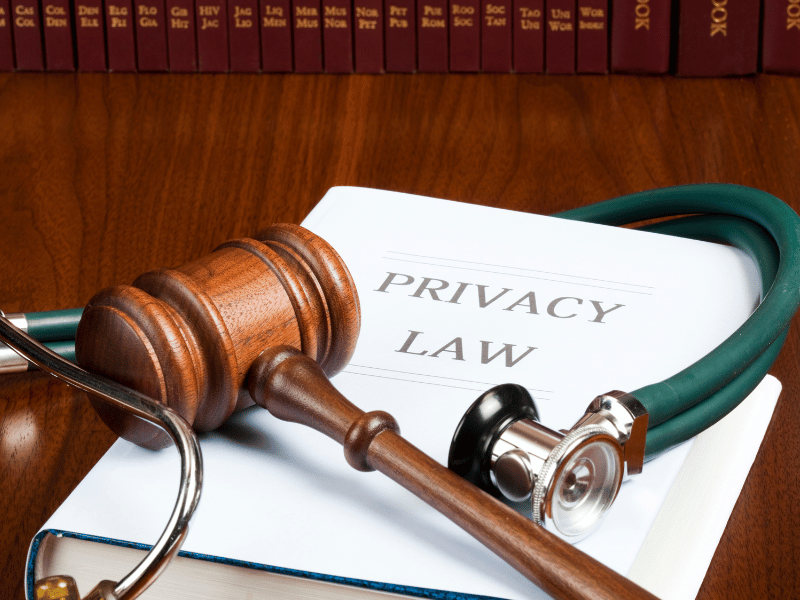
PHIPA Regulations: Who Administers PHIPA
IPC, or the Information and Privacy Commissioner of Ontario, is the independent body appointed by the Legislative Assembly of Ontario to administer and oversee the protection of personal health information under PHIPA or the Personal Health Information Protection Act.
It’s the authority responsible for ensuring that health information custodians and their corresponding business associates adhere to the rules set by PHIPA.
Key responsibilities of the IPC include:
- Oversight: The IPC is in charge of monitoring and ensuring that HICs comply with PHIPA regulations.
- Complaint handling: The independent body also investigates the complaints filed by organizations or individuals regarding potential violations of PHIPA.
- Rulings and orders: The Information and Privacy Commissioner of Ontario has the authority to make rulings on complaints, issue binding orders for corrective measures, impose fines, and recommend changes to policies or practices to ensure an entity’s compliance with the Personal Health Information Protection Act.
Ensure PHIPA Compliance While Faxing Personal Health Information
Should you need a secure and convenient way to fax healthcare documents, consider switching to iFax.
Move past fax machines. Our PHIPA-compliant fax service offers advanced enterprise solutions ranging from unlimited broadcast faxing to seamless EMR/EHR fax integration, each tailored to suit your organization’s unique requirements.
Request a free demo now.



